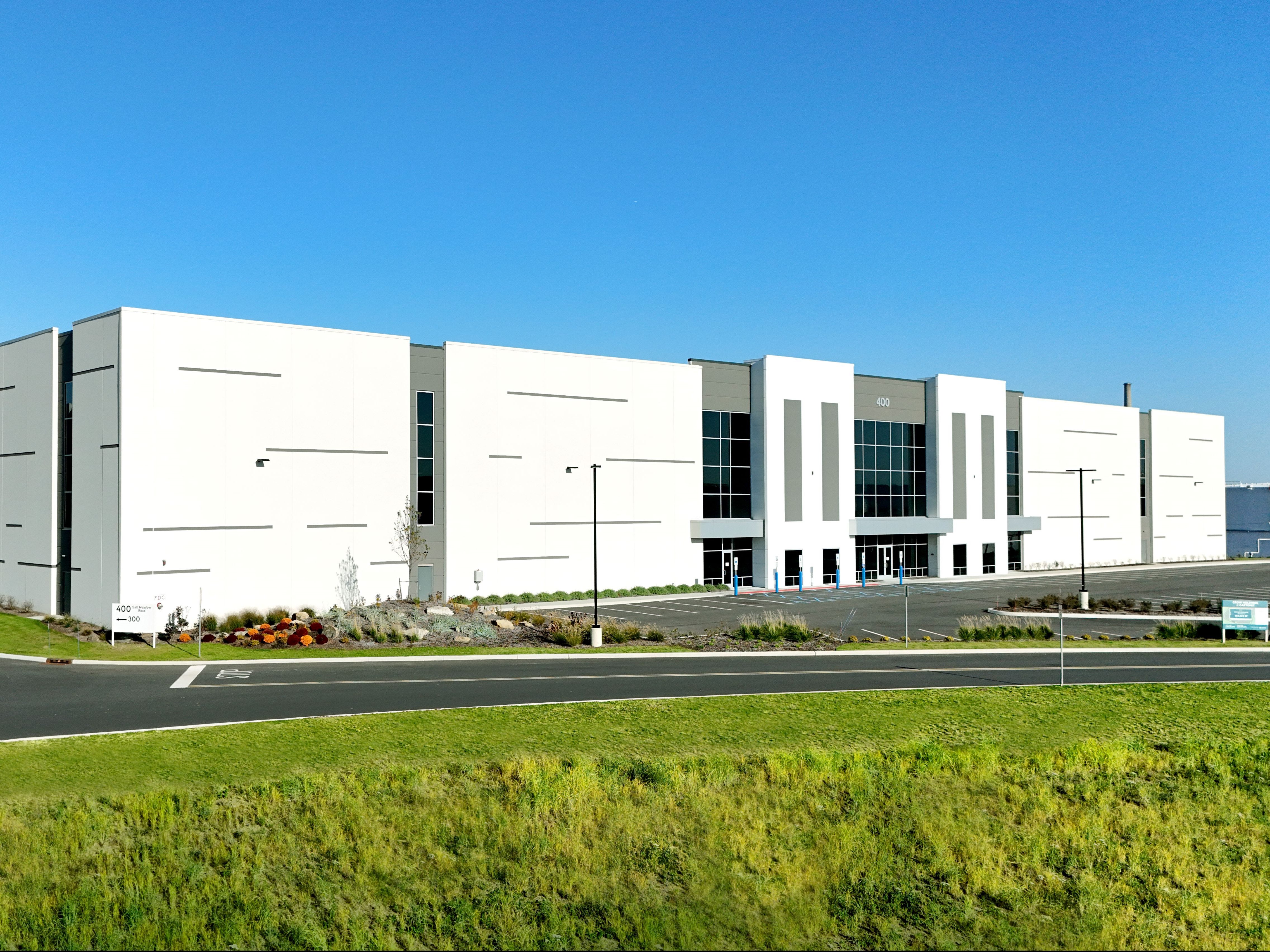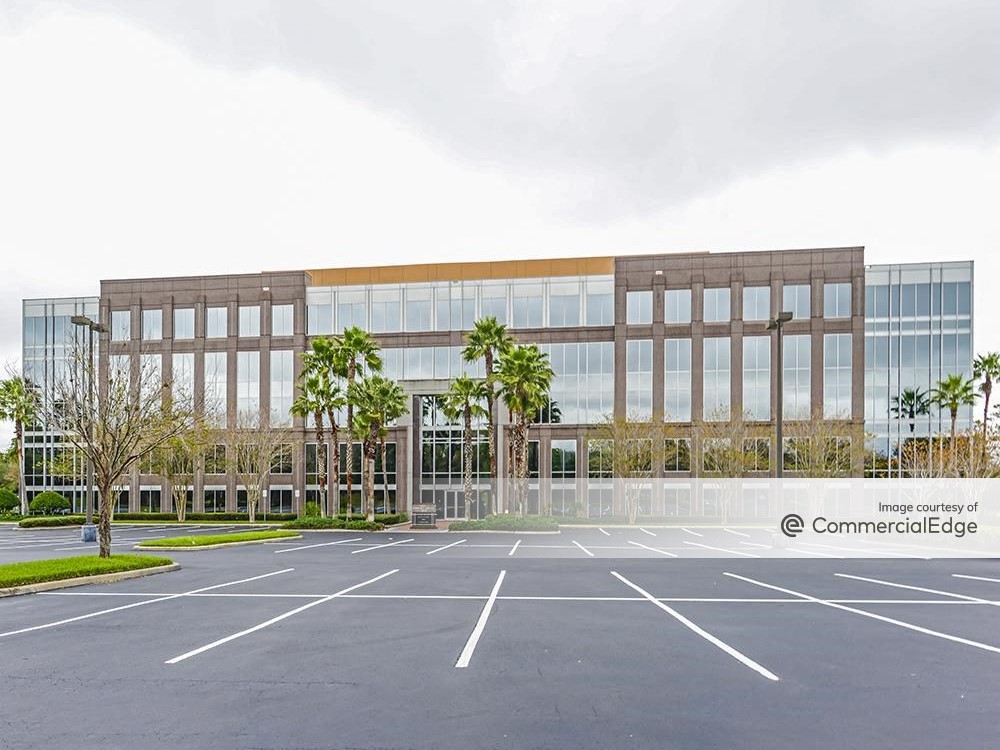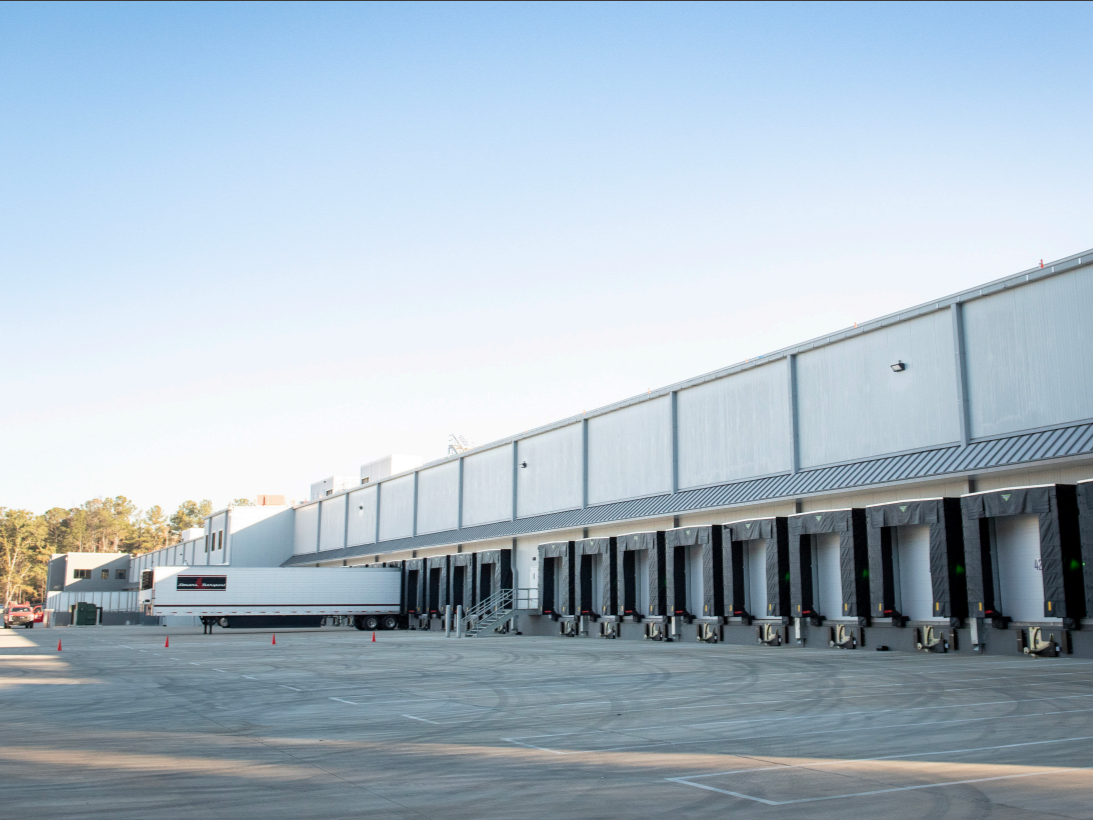How Landlords Are Reaping the Benefits of Coworking
A panel of industry experts discussed the new landscape of coworking at the CRE Converge conference hosted by NAIOP.

(Left to right) Brian Rosenberg, Eastdil Secured; Katharine Lau, Industrious; Charlie Hobey, EQ Office; Scott Marshall, CBRE
When coworking first entered the industry, building owners had little direct involvement in the business. Coworking providers would sign a lease and sublet the space to coworking tenants who would pay for individual desks, offices and conference rooms.
READ ALSO: Flexible Office Thrives Amid WeWork’s Woes
Ideally, the revenue generated by the subtenants would exceed the rent and operating costs incurred by the shared space provider. This introduced a great deal of risk, where coworking users were only committed to short-term contracts while providers were locked into a multi-year lease.
Some shared space providers are now taking a different approach. As coworking has become a more permanent solution for some tenants, coworking companies are finding it increasingly advantageous to work more closely with landlords. Rather than lease the space directly, they are entering into management agreements with the property owners. This is an arrangement where the provider shares revenue with the landlord. These agreements allow for greater NOI for the landlord while reducing the amount of risk assumed by the coworking company. Landlords and providers are now starting to refer to the business as flexible office or workplace as a service.
An added amenity
Coworking provides multiple advantages to landlords. The members of the panel agreed that NOI is typically 30-40 percent higher than conventionally leased space. According to Katharine Lau, Senior Director of Real Estate at Industrious, “When treated as an amenity, coworking can help increase rents across the rest of the property.” A tenant can lease a traditional space, while also utilizing coworking space as needed, thus making the property as a whole more desirable to prospective tenants.
Charlie Hobey, Managing Director of Product and Operations at EQ Office, mentioned that “coworking has not created more operational issues than a traditional office building.” However, it is a much more complicated business than traditional leasing and significantly more operationally intensive. Coworking providers manage the additional concerns of acoustics, access control as well as data and physical security.
Even in the absence of traditional leases, brokers still have a part to play in the process. Their role has changed but brokers assist by fostering relationships between landlords and coworking providers. According to Scott Marshall, President & Chief Development Officer of CBRE’s Hana, “Cutting brokers out of the process is in my view a mistake, because they add so much value if you have the right advisor.”
It’s clear that the landscape of coworking is changing, but it looks as though the concept is here to stay. There are many players in the industry, all with different offerings and approaches. It’s expected that the offerings will grow even more diverse as the coworking business continues to mature.







You must be logged in to post a comment.